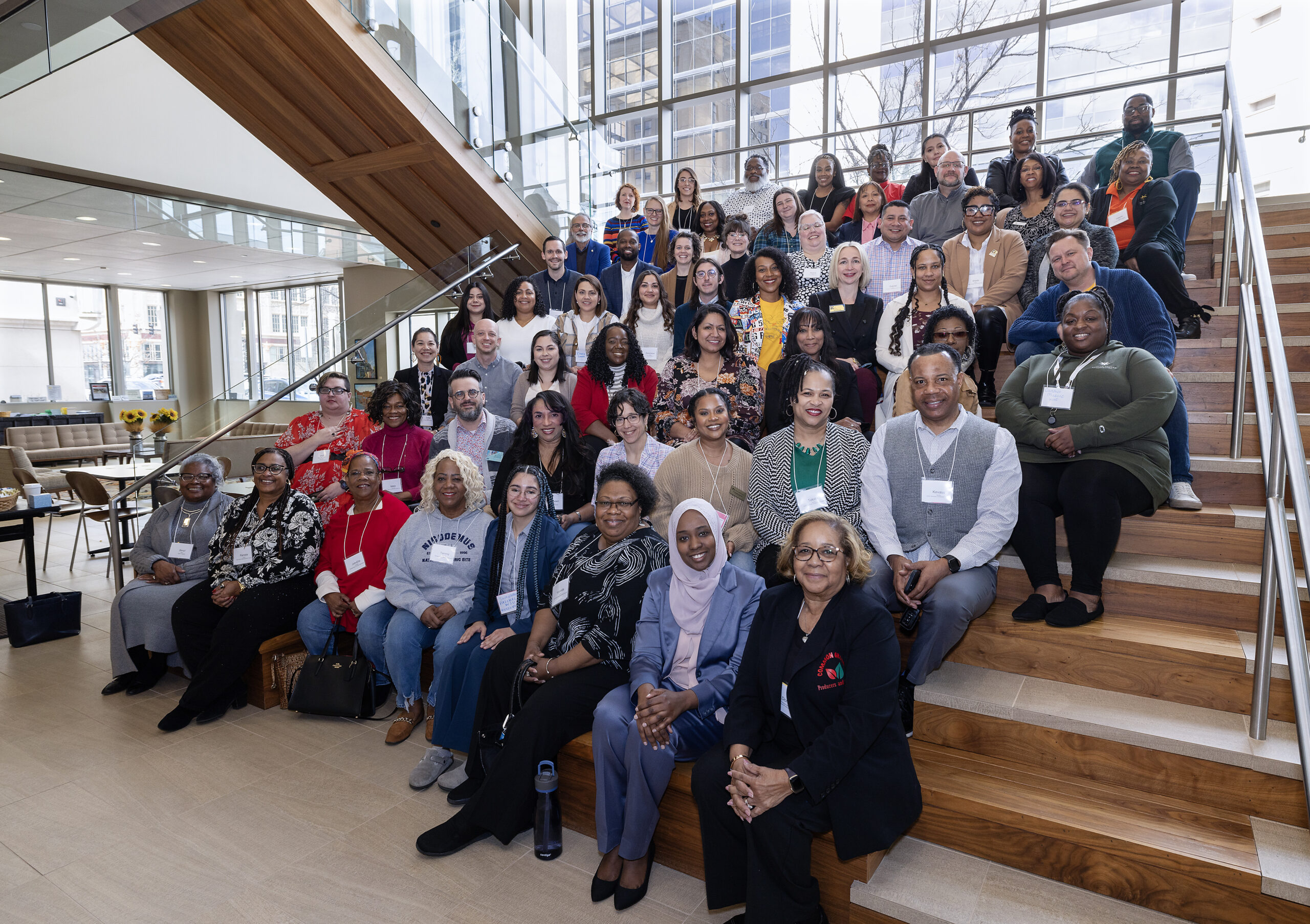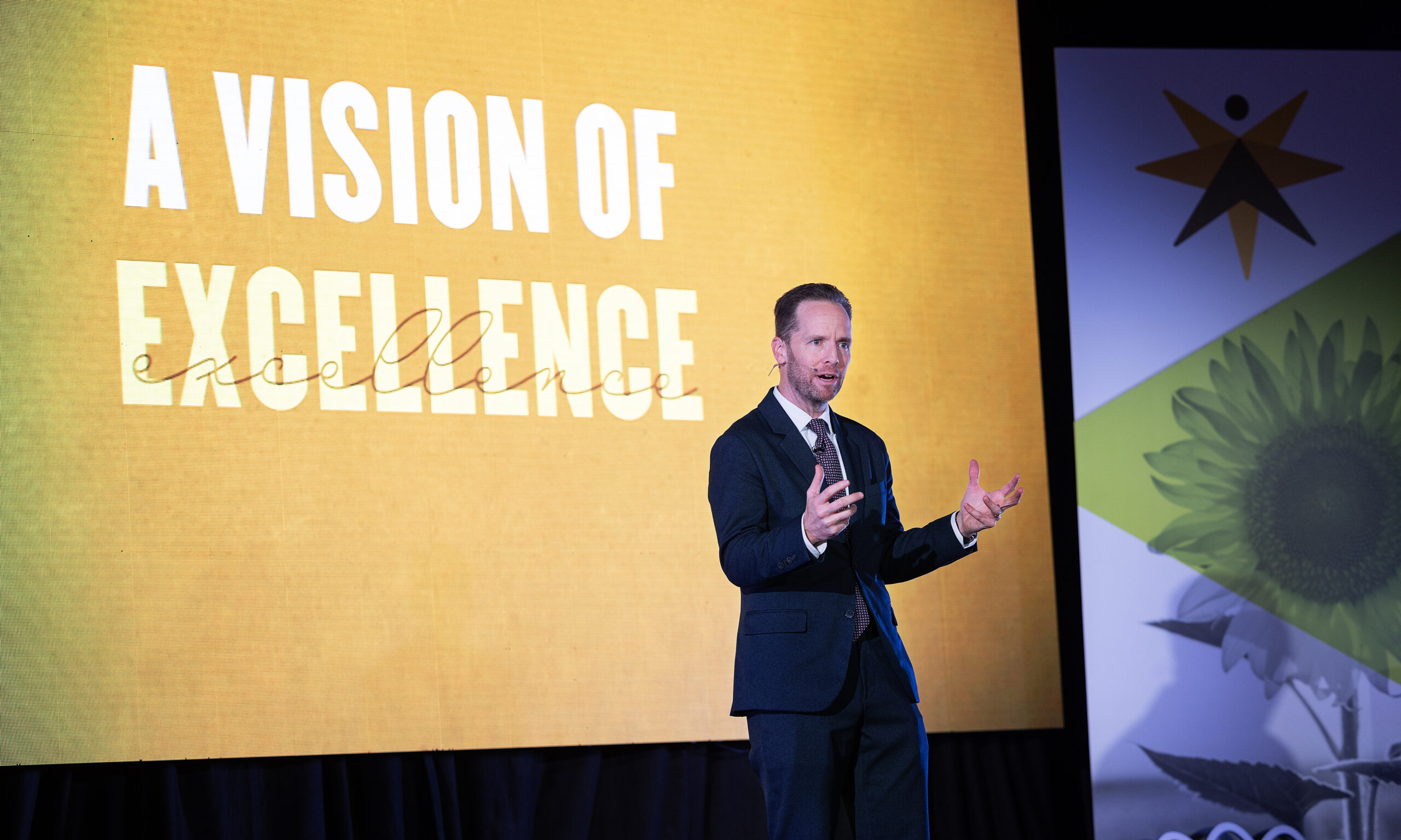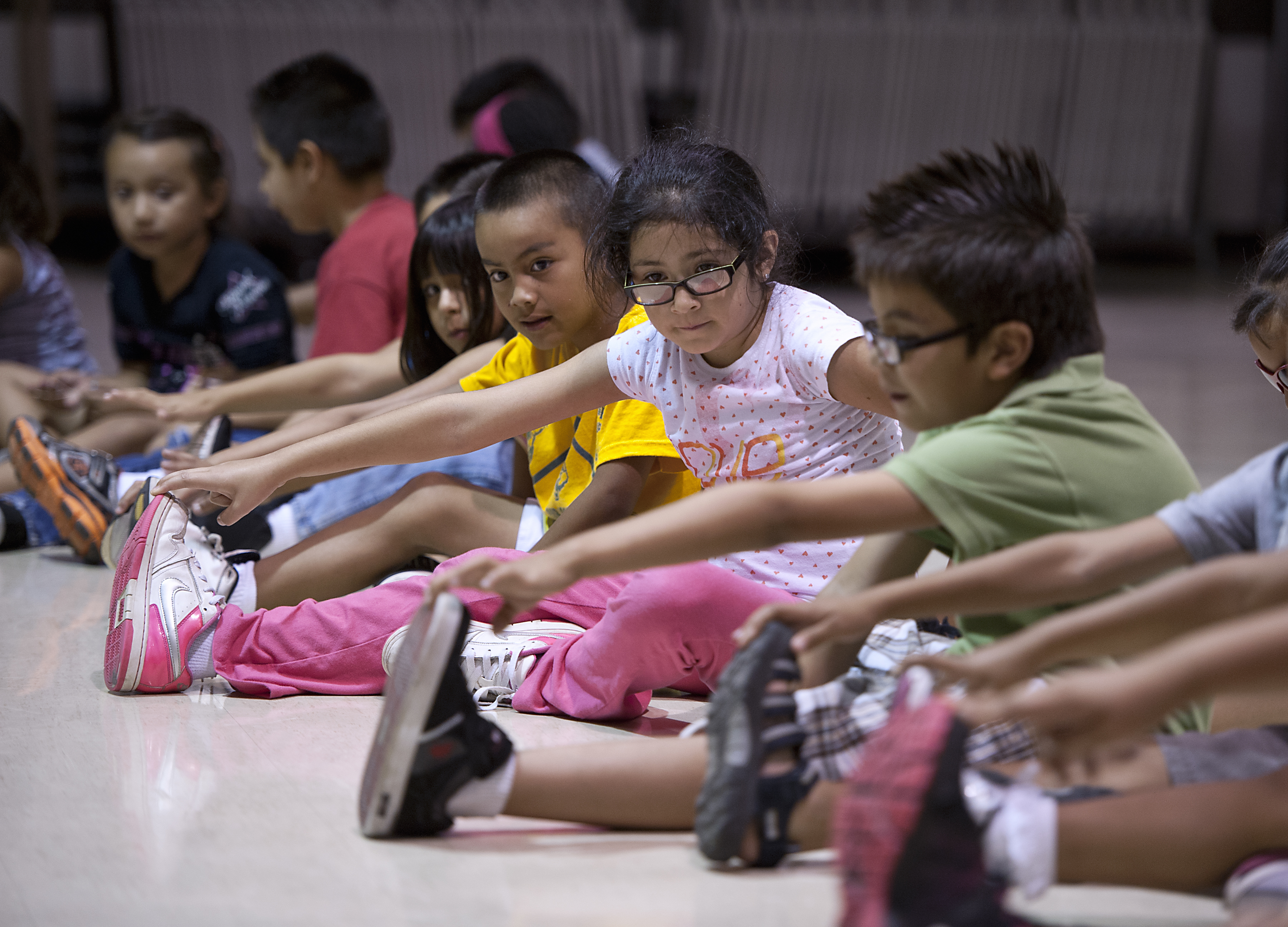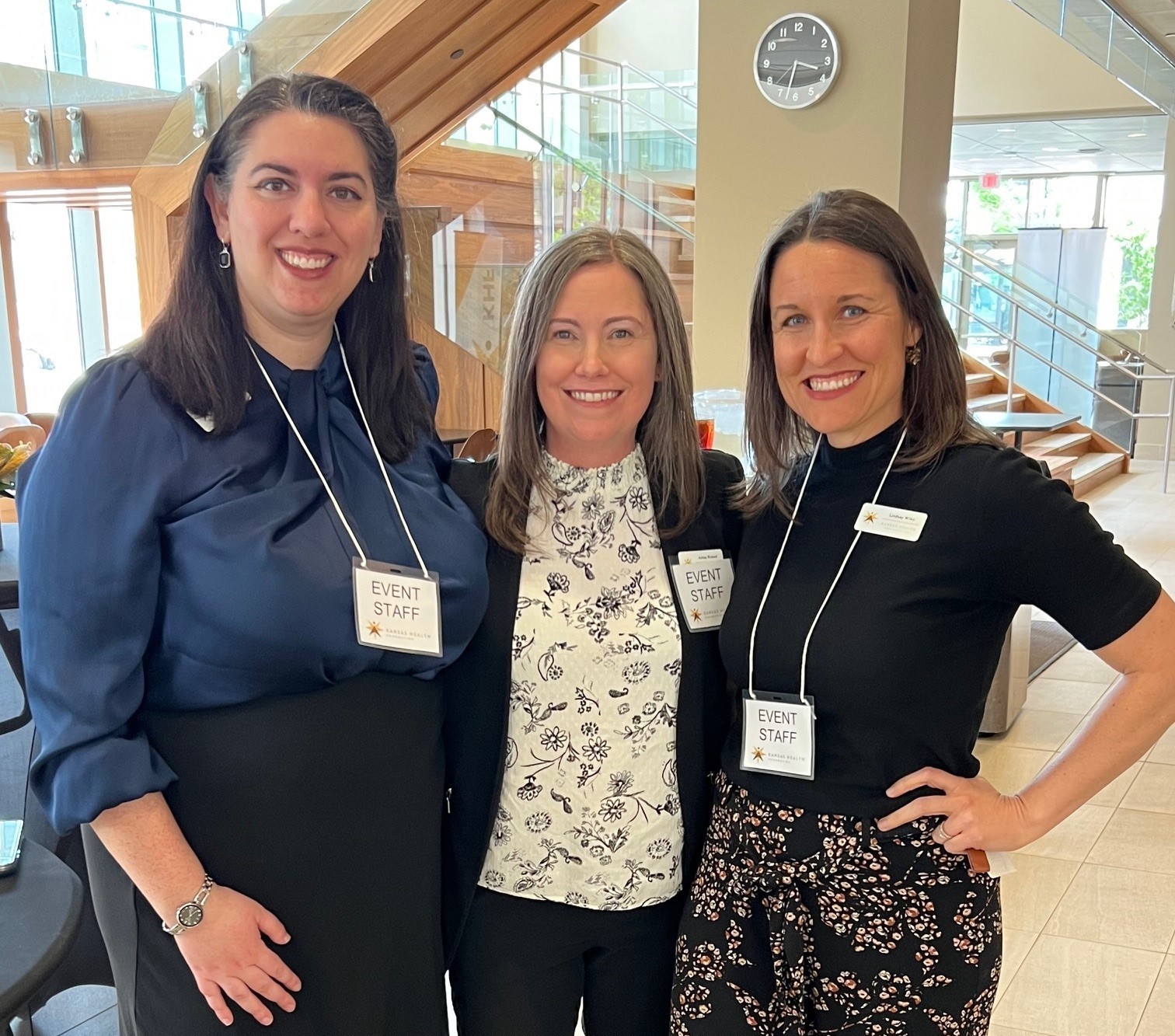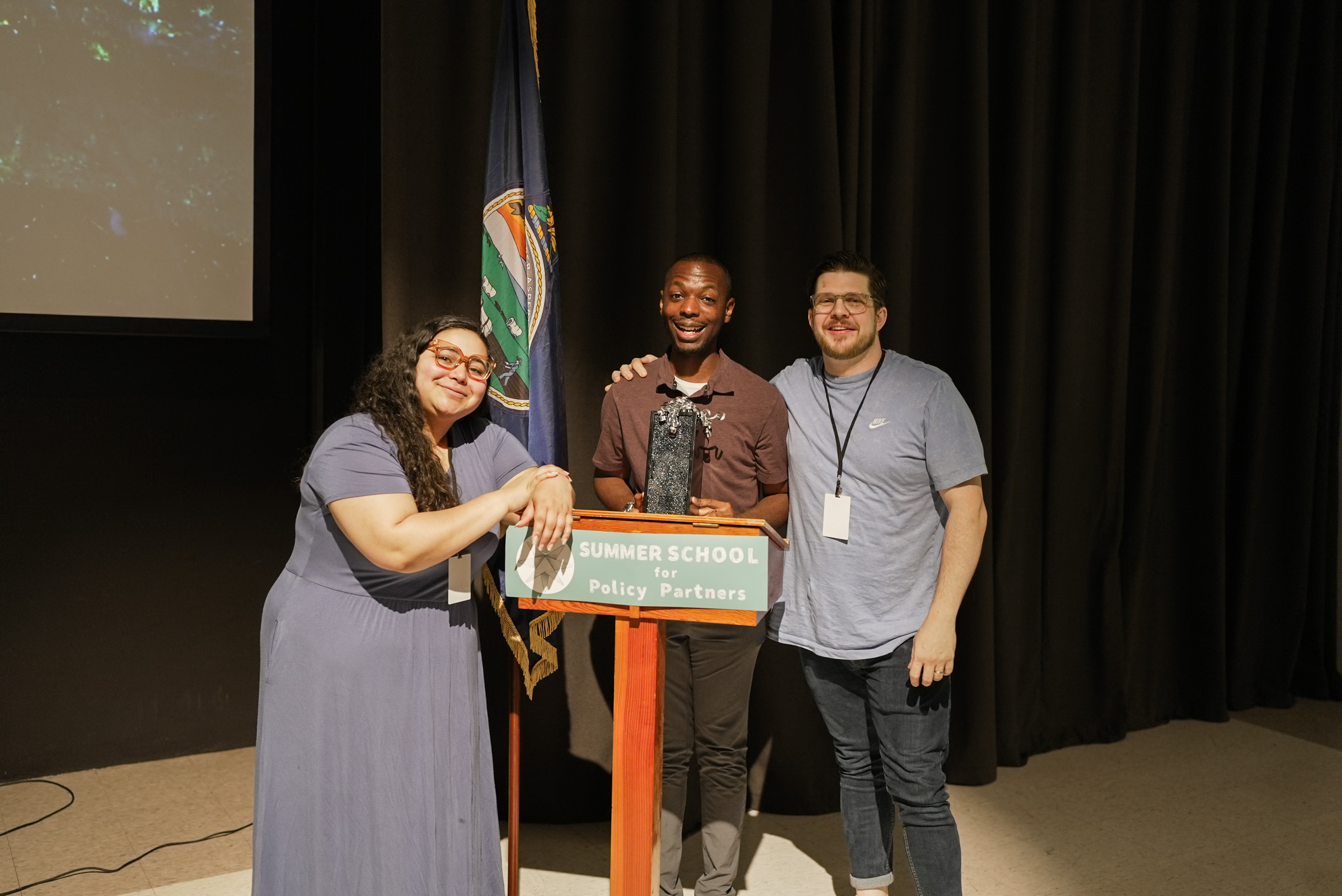WICHITA, Kan. – Four nonprofit organizations have been selected as grant recipients of the Kansas Digital Equity and Inclusion Collaborative.
This three-and-a-half-year, $1.1 million initiative will support multi-sector community collaboratives to develop and advocate for policies, programs and services that promote greater digital access, adoption, literacy and inclusion among families of color, low-wage worker households and other Kansans experiencing systemic barriers. The COVID-19 pandemic has deepened the digital divide, especially in low-income communities of color, rural and other under-resourced areas of Kansas as health services and schooling became remote.
To help Kansas families attain the best possible educational, economic and health outcomes, high-speed digital access and literacy is necessary. This initiative will focus on a two-generation approach, so more Kansas children and adults have the opportunity for digital success in the future.
With a grant of $250,000 each, grantees will spend the first year planning and engaging their communities, and the second and third years implementing community-based plans and policies.
Nonprofits selected as part of this collaborative and their proposed efforts, include:
City of Topeka
- The Topeka Digital Equity Inclusion Partnership Program will create part-time technical and digital navigator positions to collect and share community-based resources and provide digital literacy training, equipment and basic technical support for minoritized and low-to-moderate-income communities within 31 Topeka neighborhoods.
- Initial policy focus and activities: To advocate for policies that support the collective vision of the community and local businesses; advocate for digital equity policies and plans targeted to underserved Topeka residents, including low-income families and people of color; and, to implement policies and plans that align efforts with existing federal agency initiatives.
- Area served: Topeka.
Groundwork Northeast Revitalization Group
- To launch a hotspot library and a digital equity taskforce, supported by a coordinator, to create a channel for grassroots advocacy and co-learning around digital inclusion for residents experiencing barriers to digital access across Wyandotte County.
- Initial policy focus and activities: To convene a digital equity taskforce that will survey the community to uncover and address barriers to broadband adoption and digital literacy. In addition to launching a hotspot lending program, Groundwork will partner to create a county-wide digital equity plan that Unified Government of Wyandotte County and Kansas City, Kansas might implement to increase broadband adoption and reach residents with limited or no access to services; and, it will work to extend existing subsidy programs and benefits so they become permanently available.
- Area served: Wyandotte County.
KC Digital Drive
- To build a collaborative network of community-based organizations and other stakeholders to develop projects, programs and advocacy efforts in partnership with Kansans who are disproportionately low-income, low wealth, in distressed neighborhoods or members of racial/ethnic minoritized groups – particularly Black and Hispanic residents of Wyandotte and Johnson counties.
- Initial policy focus and activities: Providing digital training for families; working with organizations to add digital inclusion to their programming; engaging Johnson and Wyandotte counties to better understand and map fiber and electronics infrastructure, and develop an advocacy plan to address identified gaps; utilizing digital census work with targeted groups to understand progress against the digital divide within local populations; improving broadband participation rates through utilizing community ambassadors; connecting digital equity and inclusion work with local frameworks and programs and suggest policy, advocacy or education to support inclusion.
- Areas served: Johnson and Wyandotte counties.
University of Kansas Center for Research
- This project will offer collaborative, evidence-based technology education to women transitioning from incarceration in Northeast Kansas in support of their reintegration into society, including employment, health care and meaningful participation in social and cultural activities outside the criminal justice system. Lessons learned from this project will inform future reentry programs and aim to serve as a template for developing evidence-based technology education and work to reduce recidivism rates.
- Initial policy focus and activities: Offering reentry technology workshops at correctional facilities for women who are about to be released; advocating for not only more systematic assessments of necessary digital access and skills among women being released, but also conducting public forums that facilitate dialogue around structural barriers and societal biases facing formerly incarcerated women; and, providing greater digital access for inmates who are scheduled to be released from correctional facilities within a year.
- Areas served: Johnson and Wyandotte counties.
California-based Harder+Company Community Research will receive $95,000 to evaluate this initiative.
###



